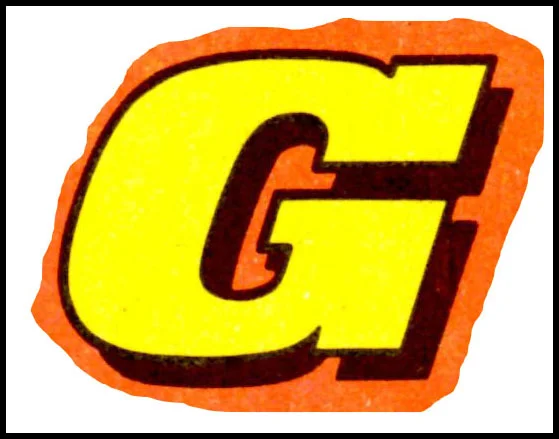On this day, 4 July 1981: Battle Action
Cover artwork: John Cooper
On this day, 4 July 1981 … As you may have seen already, Pat Mills posted a few words on Facebook the other day as the nation remembered the start of the Battle of the Somme:
‘Today is a tragic anniversary when the ‘Best of British’ were murdered by the British ruling class. Because it was Britain that started World War One – for which there is overwhelming and documented evidence (E. D. Morel and others). Not Germany and all that lying Balance of Power tripe they told us at school. That’s about as truthful as Tony Blair’s reasons for invading Iraq. It’s heartbreaking to see the murder of a generation still remembered as ‘heroic sacrifice’ by the descendants of that same ruling class.’
Thank you John Freeman for providing the link. The full statement can be read here.
Powerful words, and particularly poignant as we await publication of the Chilcot Inquiry report on Wednesday. And yet the power-plays and political games of the British ruling classes at the expense of wider society continue to this day.
Pat’s (and Joe Colquhoun’s) Charley’s War is one of the greatest and most important contemporary fictional narratives recording the almost incomprehensible human tragedy of the First World War (and one of the few WWI strips featured in thirteen years of Battle comic). David Kendall (@manwithbooks), a consultant on reading development projects, said on Twitter the other day: ‘Charley’s War told me what school left out: mutinies, class politics, madness and grief.’ Pat’s thoughts prompted me to look for an episode for this week’s blog.
This instalment, from the issue dated 4 July 1981 is grim but compelling reading. It is set in April 1917, a few months after the end of the Battle of the Somme, and further north in the Ypres Salient in Belgium, but a continuation of the appalling and tragic farce that was trench warfare on the Western Front. In the story, Charley Bourne’s company have found a ‘quiet sector’ of the salient and, at the instigation of their commander, play a match of cricket: officers against men. During the officer’s innings, as they chase a score of 105 set by the men, an artillery duel breaks out nearby. ‘I … er … really think we should stop!’ suggests one of the officers. ‘Nonsense, Cooper!’ retorts the superior Lieutenant Purvis. ‘We’re British! We must play the game!’
I’m sure you can imagine what happens next, but I’ll include the final panel below anyway.
The game. I don’t suppose anything we say will stop it, Charley.
Charley’s War: Pat Mills (writer), Joe Colquhoun (artist)
Charley’s War: Pat Mills (writer), Joe Colquhoun (artist)
Charley’s War: Pat Mills (writer), Joe Colquhoun (artist)
Johnny Red: Tom Tully (writer), John Cooper (artist)
The Commando They Didn’t Want: John Richard (writer), Carlos Pino (artist)
The Warriors: Jim Watson (artist)
Darkie’s Mob: John Wagner (writer), Mike Western (artist)
Fighting Mann: Alan Hebden (writer), Cam Kennedy (artist)
Hawk the Hunter: Brian Burrell (writer), Geoff Campion (artist)
The Wilde Bunch: Scott Goodall (writer), Phil Gascoine (artist)




